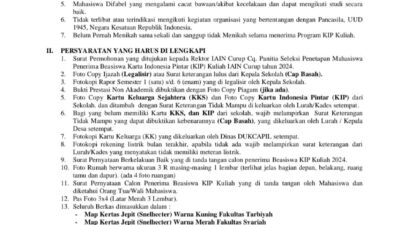Looting boxes are virtual containers in video games that players can purchase or earn for a variety of random rewards including characters, weapons, and cosmetic items. While many people regard them as harmless additions to the overall gaming experience, others are not shy to raise concerns regarding their potential for encouraging gambling-like behavior, especially when it comes to younger players.
This controversial issue of the necessity to regulate loot boxes in video games has been in the spotlight for political debate across Europe. Different countries on the Old Continent have come up with their solutions to this issue.
For instance, Spain is taking into consideration the implementation of age restrictions for loot boxes. Austria is interested in taking legal measures while Germany, known for its stringent regulatory environment, might follow suit provided the local regulatory authorities do not take action shortly.
Let’s take a closer look at the regulations regarding looting boxes in the next few lines.
Germany’s Take on Looting Box Regulations
At the moment, the country’s regulatory bodies are looking into the mechanics of loot boxes to decide whether they comply with the current gambling laws. This is a move that reflects a growing trend among European states to assess the impact of video game monetization on consumers and their protection, especially for children and vulnerable players.
Lena Werner, a member of the national parliament of the country (Bundestag) representing the Social Democratic Party, expressed her opinion that it should be the government’s responsibility to apply responsible gambling protocols. She added that gaming should be regarded as an enjoyable leisure activity and not a form of gambling through the back door. Putting the focus on children and young people, the Bundestag member added that it was their direct responsibility to set up the right safeguards needed to guarantee their protection from the potential negative effects of gaming.
Bundestag colleague Linda Heitmann, representing the Green Party, has submitted her proposals regarding the regulation of looting box mechanics in video games, asking for tighter regulations as well as educational campaigns.
Heitmann also emphasized the need to hold game and app suppliers accountable and have them offer prevention, information, and necessary technical solutions including automatic slowdowns once a game is too long via breaks and loot box bans.
She also commented that loot boxes represent “an annoying and also dangerous phenomenon in video games” and they can be particularly problematic once they start to appeal to children and the younger population. The amazing creativity shown by gaming studios is an unfortunate feature “when it comes to ripping off young people in video games and encouraging addictive tendencies.”, she added.
The Green Party representative also spoke about the need for more research into online gambling addiction in Germany, mentioning that the Federal Agency for the Protection of Children and Young People in the Media should start enforcing age ratings while improving information regarding age verification methods and the way complaints can be made.
Gaming Industry Stakeholders Should Get Involved
Fabian Gramling, who is a member of the Christian Democratic Union/Christian Social Union, has also suggested a series of regulatory proposals created together with stakeholders in the gaming industry. He further added that the proposals would have to rely on serious research on the topic.
Gramling wants to see the government get actively involved in the continuous talks regarding loot boxes in video games and the effects they might have on players while coming up with the right type of financial support and protection measures.
Loot boxes and the regulations for them in Germany were also a hot topic of discussion during the Federal Congress on Gambling that was held on October 5. During the congress, MPs discussed several potential regulatory measures with legal experts in the field to move forward in the heated debate and finally produce some solutions.
Conclusion
Overall, with a few expectations, the majority of loot boxes are still legal and vastly unregulated at a global level. The close resemblance to gambling continues to ask for tighter regulations concerning them, and the future will tell when and how these regulatory changes will occur.
For the time being, debates regarding loot boxes will continue to exist in Germany and other parts of the world, with their potentially bad effects on youngsters gaining more and more momentum. Politicians are demanding more regulations and increased research into the topic, as well as the active involvement of industry experts and stronger partnerships between the industry, country governments, and organizations aimed at protecting the youth.

